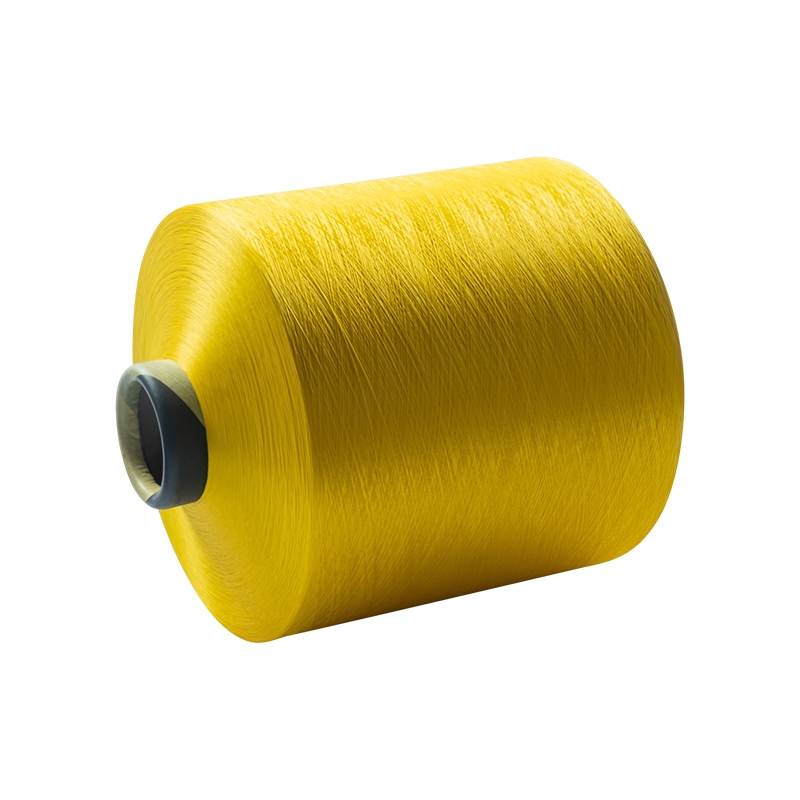Nylon yarn is a synthetic material made of fibers that can be blended together for added strength and flexibility, such as other yarns. Common uses for nylon yarn include making hosiery and socks. However, its durability also makes it useful when adding long-term wearability to other clothing or accessories that experience heavy use and tear.
There is a wide variety of nylon yarns on the market, making it important to choose one suitable for your project. Choose between blends of cotton, wool, polyester, or silk - each type has unique properties and advantages.
Some nylon yarns, like Tencel(c) or Lyocell, are manufactured using sustainably sourced eucalyptus trees in a closed-loop system so all chemicals and solvents used during production can be recycled and reused, providing more sustainable textile solutions than other synthetic fabrics. Furthermore, their heat-resistive characteristics and breathability make them suitable for clothing or gear that may be exposed to hot or humid environments.
Nylon 6 POY (Partially Oriented Yarn) and DTY (Drawn Texture Yarn) yarns are more durable than their nylon 6 counterparts and can be used in different textile processes. POY yarn is produced directly through melt spinning while DTY undergoes texturizing. Both these methods yield fabrics with superior wear resistance, high elongation rates, and color fastness qualities resulting in fabric with excellent wear resistance, color fastness, and colorfast properties.
Elongation is a crucial consideration when selecting the ideal nylon fabric for your project. The higher its elongation rating, the longer your fabric can stretch before it snaps; this helps garments maintain their shape over time even after washing and wearing multiple times, as well as increases elastic properties that will cling more closely to the body and stay in place.
Natural fibers tend to require less energy for production compared to synthetic fabrics while offering additional features like flame retardancy and antimicrobial properties that keep products looking their best over time.
Other natural yarns include merino wool and shearling. Wool is an organic material, making it biodegradable and renewable; plus, it's water-resistant so you're less likely to encounter mold or mildew issues when drying it quickly - an advantage for knitted garments such as scarves, hats, or gloves!

Polyester DTY ZY0076-ZY0334 yellow 178

 English
English
 Español
Español



-2.png)
-2.png)
-3.png)
